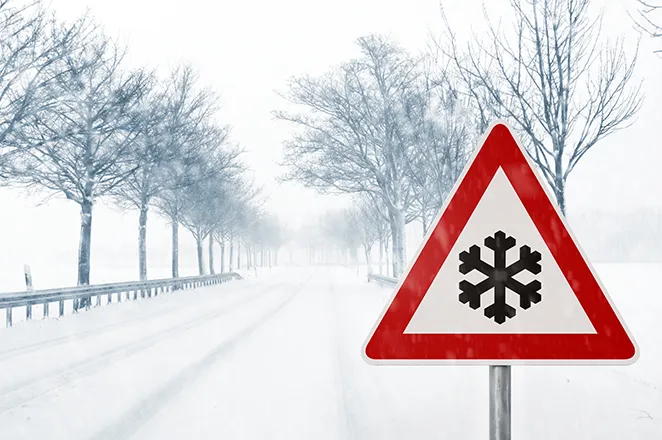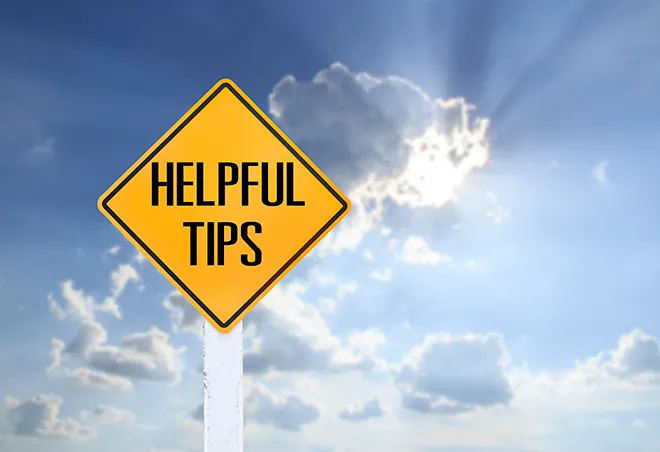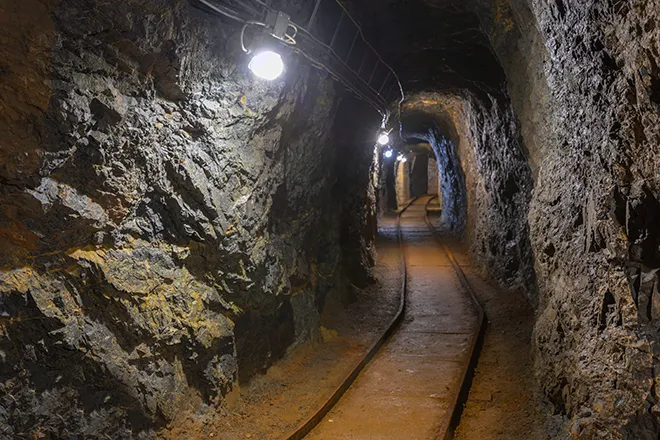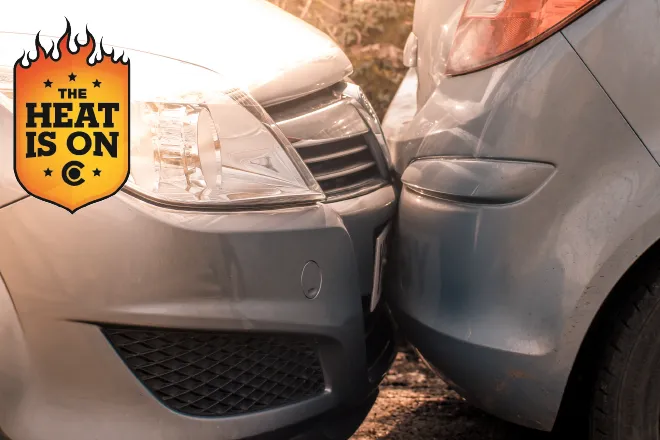
Building a Disaster Behavioral Health Preparedness Kit
My Aimee Voth Siebert, Colorado Department of Public Health and Environment
Disasters overwhelm our city systems and infrastructure. The news often includes reports of damaged transformers or broken water lines. Because these systems are critical to a smoothly operating city, repairing those systems is a high priority.
Disasters also overwhelm people. We have our own inner systems, attention, energy, ability to organize, that get interrupted by emergency situations. These systems are equally critical to protect and repair as soon as possible.
They are especially important because disasters happen when we are already living our busy lives. On a given day, we expect to go to work, meet with people, pay our bills, buy groceries and focus on daily tasks, like childcare and running a household.
When a disaster happens, it doesn’t mean that everything else stops.
Our brains not only react to what the disaster has changed, but also try to manage what we thought we were going to be doing before the disaster happened.
Because many of us live our lives overworked, overscheduled, and exhausted, we don’t have any extra energy when faced with a new and unexpected challenge. Imagine that your normal commute was three hours long today because of flooding detours – how would that fit in your day? Even after a disaster, when the city infrastructure gets rebuilt and we have returned to a new normal, life doesn’t necessarily run smoothly.
So how do you protect your inner systems?
- Just like a disaster preparedness kit tells you to put aside three to seven days’ worth of water and food, practice putting aside time and mental energy. Focus on just one activity at a time to maximize your attention and effort. Your body goes through natural cycles of high energy and low energy, so don’t schedule yourself into every hour of the day. Imagine that you’re leaving room for at least two big time commitments.
- Do things that help flush stress out of your system (maybe use some of that time you set aside). Stress is useful; it helps your body gear up for challenges with hormones like adrenaline help to focus and pump energy through your body faster. But being in a constant state of stress isn’t healthy. You need time to flush it out. Otherwise, you never really rev-up; you just burn all the energy you have. So how do you get back to your baseline?
- Sleep: Research shows that 97.5% of us need at least seven hours of sleep to be at our best, while most of us are getting only about six hours. Sleep is the least demanding time for the body, so it directs needed energy to cleansing and repairing. The three big “bads” for sleep are alcohol, screen time, and…
- Caffeine: Decrease it. Caffeine artificially maintains stress levels in your body, making your body think it’s under threat and preventing natural cycles of high and low energy that flushes the system.
- Nutrition: Balance it. The nutrients, vitamins and minerals in fruits, vegetables and lean proteins help your body operate efficiently, which include keeping a level flow of energy and breaking down stress hormones that are no longer needed.
- Exercise: Your heart, blood and skin literally pump and sweat out stress when you use your big muscle systems.
- Connect with people who make you feel good. Social connection floods the body with another hormone, oxytocin that reduces the inflammation caused by other stress hormones, and repairs damage to the heart
- Keep your expectations realistic. In life and especially during disasters, the tasks we set ourselves take more time than we usually put aside for them. Be patient. Give yourself more time or fewer tasks, and this will reduce how often our bodies are forced to kick into stress mode.
- Remind yourself of the meaning in what you do. There is research that says chasing meaning is better for our health than avoiding discomfort. Our bodies can be more tolerant of stress when we know we are experiencing stress for something we believe in.
Your disaster preparedness kit and family communication plan won’t be in place when a disaster strikes if you don’t plan ahead. Mental resources need the same kind of gathering and planning. May is Mental Health Month, so this is a great time to start! When you practice good habits of managing expected stress every day, you will find yourself better able to cope when the unexpected happens.













